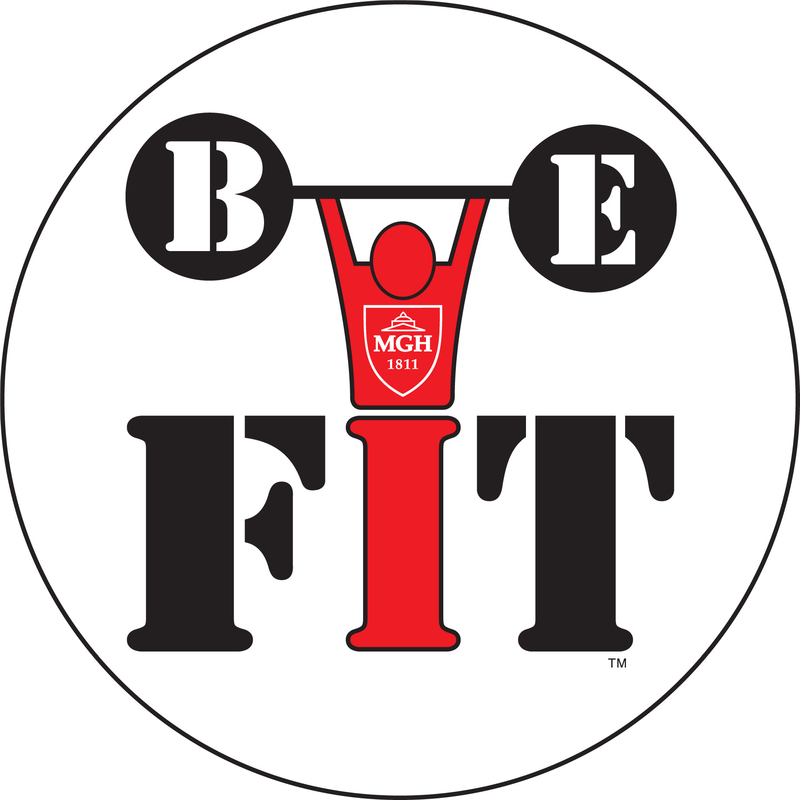|
Mindfulness is a commonly used term these days - it means having enhanced awareness of the present moment. It is associated with improved stress management and quality of life.
Mindful eating is mindfulness targeted at behaviors that promote eating with attention and awareness. Mindful eating is linked to a health body mass index (BMI) and can reduce distracted eating habits that lead to unnecessary food consumption. As many people continue to work from home, incorporating mindfulness can help reduce anxiety around eating and support productivity. Here are some tips to incorporate mindfulness into your work routine:
REFERENCES: Durukan A and A Gul. Mindful Eating: Differences of Generations and Relationship of Mindful Eating with BMI. International Journal of Gastronomy and Food Science. 2019; 18: 100172. Framson, C et al. Development and Validation of the Mindful Eating Questionnaire. Journal of the American Dietetic Association. 2010; 109(8): 1439-1444. Fung TT, Long MW, Hung P, Cheung LW. An Expanded Model for Mindful Eating for Health Promotion and Sustainability: Issues and Challenges for Dietetics Practice. Journal of the Academy of Nutrition and Dietetics. 2016; 116(7): 1081-1086. Mantzios, M and JC Wilson. Mindfulness, Eating Behaviours, and Obesity: A Review and Reflection on Current Findings. Current Obesity Reports. 2015; 4(1): 141-146. Winkens, LH, et el. The Mindful Eating Behavior Scale: Development and Psychometric Properties in a Sample of Dutch Adults Aged 55 Years and Older. Journal of the Academy of Nutrition and Dietetics. 2018; 118(7):1277-1290. By Cameron Allen McDonald, MGH Dietetic Intern
1 Comment
|
TOPICS
All
Archives
December 2023
|


 RSS Feed
RSS Feed